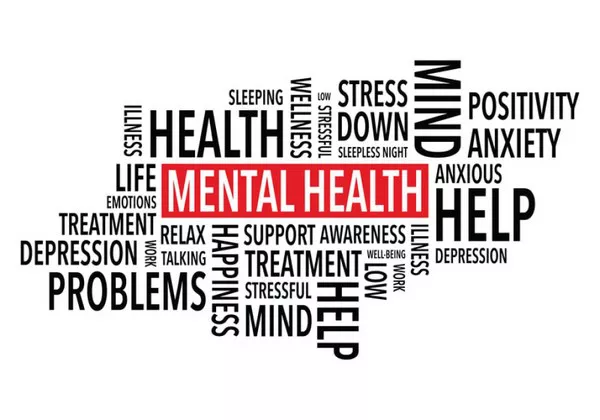Living with a mental illness can present unique challenges, impacting various aspects of daily life. For individuals facing severe mental health conditions, seeking disability benefits can provide essential financial and medical support. If you’re wondering what type of mental illness qualifies for disability, this article aims to provide clarity on the criteria, the application process, and the importance of seeking professional guidance. By understanding the qualifications and requirements, you can make informed decisions to pursue the assistance you may be entitled to.
Understanding Mental Illness and Disability
1. The Impact of Mental Health Conditions
Mental illnesses encompass a range of conditions that affect emotions, thoughts, and behaviors. These conditions can significantly impact an individual’s ability to work, carry out daily tasks, and engage in social activities.
2. Disability Benefits
Disability benefits provide financial assistance and access to medical care for individuals whose mental health conditions prevent them from working and functioning independently.
Qualifying Mental Health Conditions
1. Severe and Long-Lasting Conditions
To qualify for disability benefits, the mental health condition must be severe and long-lasting. Conditions such as major depressive disorder, schizophrenia, bipolar disorder, and post-traumatic stress disorder (PTSD) are commonly considered for disability.
2. Functional Limitations
The Social Security Administration (SSA) evaluates how a mental illness affects an individual’s ability to perform work-related tasks and activities of daily living. Severe functional limitations are a key factor in determining eligibility.
Applying for Disability Benefits
1. Gather Medical Evidence
When applying for disability benefits, thorough medical documentation is crucial. This includes medical records, treatment history, medication records, and assessments from mental health professionals.
2. Work History
Your work history and employment records are also considered. The SSA assesses whether your mental health condition prevents you from performing your previous job or any other type of substantial gainful activity.
The Evaluation Process
1. Consultative Examinations
In some cases, the SSA may require you to undergo a consultative examination with a medical professional. This evaluation helps determine the severity of your mental health condition and its impact on your ability to work.
2. Residual Functional Capacity (RFC)
The RFC assessment evaluates your ability to perform various work-related tasks, considering factors such as concentration, memory, social interactions, and coping mechanisms.
Seeking Professional Guidance
1. Legal and Medical Support
Navigating the disability application process can be complex. Enlisting the help of a qualified attorney or advocate experienced in disability cases can improve your chances of a successful claim.
2. Mental Health Professionals
Mental health professionals, such as psychiatrists and psychologists, can provide thorough assessments and documentation to support your disability claim.
Demonstrating Need and Impact
1. Impact on Daily Life
When applying for disability benefits, it’s essential to demonstrate how your mental health condition affects your ability to perform everyday activities, maintain relationships, and engage in work-related tasks.
2. Continuous Treatment
Consistent engagement in mental health treatment and therapy reinforces the severity of your condition and your commitment to managing it.
The Role of Advocacy Organizations
1. Support and Resources
Advocacy organizations dedicated to mental health and disability issues can provide valuable support, resources, and guidance throughout the application process.
2. Raising Awareness
These organizations play a crucial role in raising awareness about mental health conditions and advocating for individuals’ rights to disability benefits.
Conclusion
In conclusion, understanding what type of mental illness qualifies for disability involves considering the severity of the condition, functional limitations, and the impact on daily life and work. The process of applying for disability benefits can be intricate, requiring thorough medical documentation, evaluations, and professional support. Seeking legal and medical assistance, as well as guidance from mental health professionals, can significantly enhance your chances of a successful claim. Remember that your mental health and well-being are of utmost importance, and pursuing disability benefits is a step toward receiving the support you need to manage your condition and lead a fulfilling life. By arming yourself with knowledge, resources, and the right team of advocates, you can navigate the disability application process with confidence and work towards securing the assistance you deserve.


